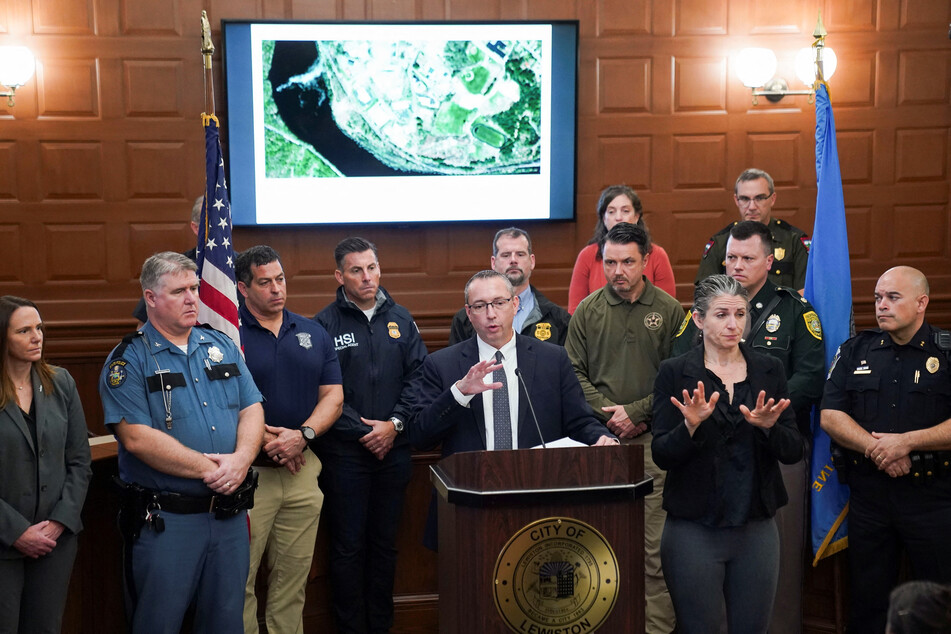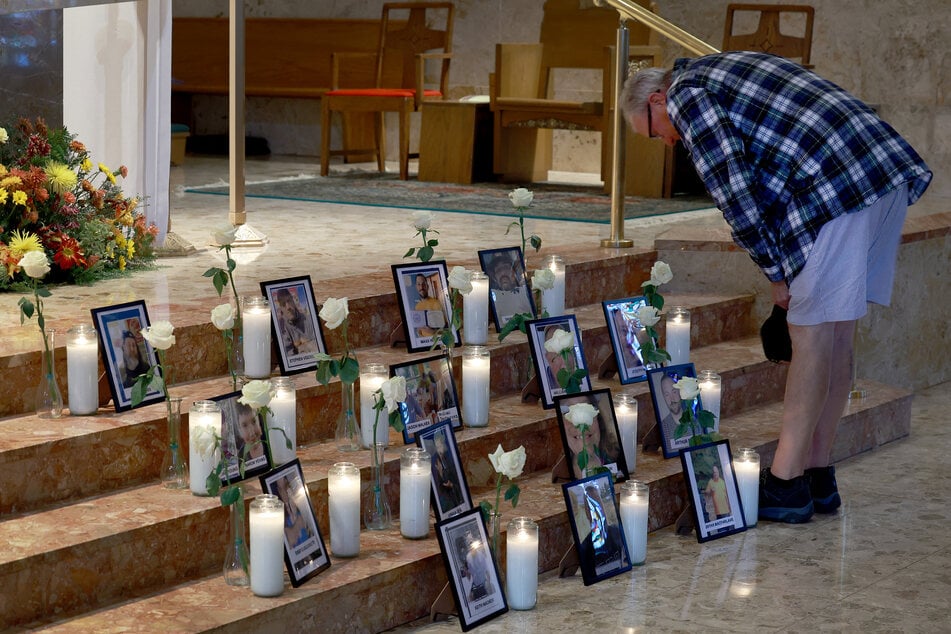Maine shooter likely to "snap," authorities were warned again and again
Lewiston, Maine - Authorities had been warned that Robert Card, the US Army reservist who gunned down 18 people in Maine last week, was hearing voices and likely to "snap and commit a mass shooting," according to records released by authorities.

A fellow reservist said Card had previously threatened to shoot up their drill center, and expressed fears that "Card is going to snap and commit a mass shooting," in comments that both the Army Reserve and the sheriff's department were made aware of, according to a sheriff's report dated in September and released Monday.
His colleague would be proven right when Card gunned down 18 people at a bar and a bowling alley on Wednesday in Lewiston, Maine. He later killed himself, police said.
Maine public safety commissioner Mike Sauschuck told reporters earlier this week that a background check for buying the weapons was unlikely to have picked up "that this individual was prohibited" from doing so at the time of purchase, because he had never been forcibly committed to a mental institution at the time.
But records released indicate that there was a possibility for an intervention of some sort in the months leading up to the carnage as Card's health deteriorated, which authorities were made aware of, to the point the sheriff's department considered him "armed and dangerous."
As early as May, Card's son told sheriff's department officers that his father's mental health was "in question."
He "came to the conclusion that Robert was likely hearing voices or starting to experience paranoia," the report read, in comments that were echoed by Card's Army Reserve colleagues.
Card's family left to deal with extensive arms collection

The same report noted that Card had recently picked up 10 to 15 guns previously stored at his brother's home.
Yet as warning bells started ringing in the months leading up to the shooting, the local sheriff's department "agreed to allow Card's family to attempt to take away his weapons, rather than having law enforcement officials directly intervene," according to the Boston Globe, which requested the records, also seen by AFP.
The sheriff's office had tried to locate Card to conduct a "wellness check," in September, but had been unable to find him after two visits to his home.
Sheriff's department officers then spoke to Card's brother, who said he had taken Card's guns but that they were locked in a safe that the 40-year-old had access to, at a family farm.
"Our deputy also asked that the family call back if they believed that Mr. Card needed an evaluation or was a risk to himself or others," Sagadahoc sheriff Joel Merry said in a statement in response to the records.
Sheriff's office says it "acted appropriately"
In the months leading up to the shooting, Card had been acting so erratic that the Army Reserve had him sent to a psychiatric facility, where he stayed for two weeks.
"We believe that our agency acted appropriately and followed procedures for conducting an attempt to locate and wellness check," Merry's statement said.
"My office will evaluate our policies and procedures for how we conduct wellness checks with the goal of making any improvements that are in the interest of public safety while balancing the rights of individuals."
Cover photo: REUTERS

